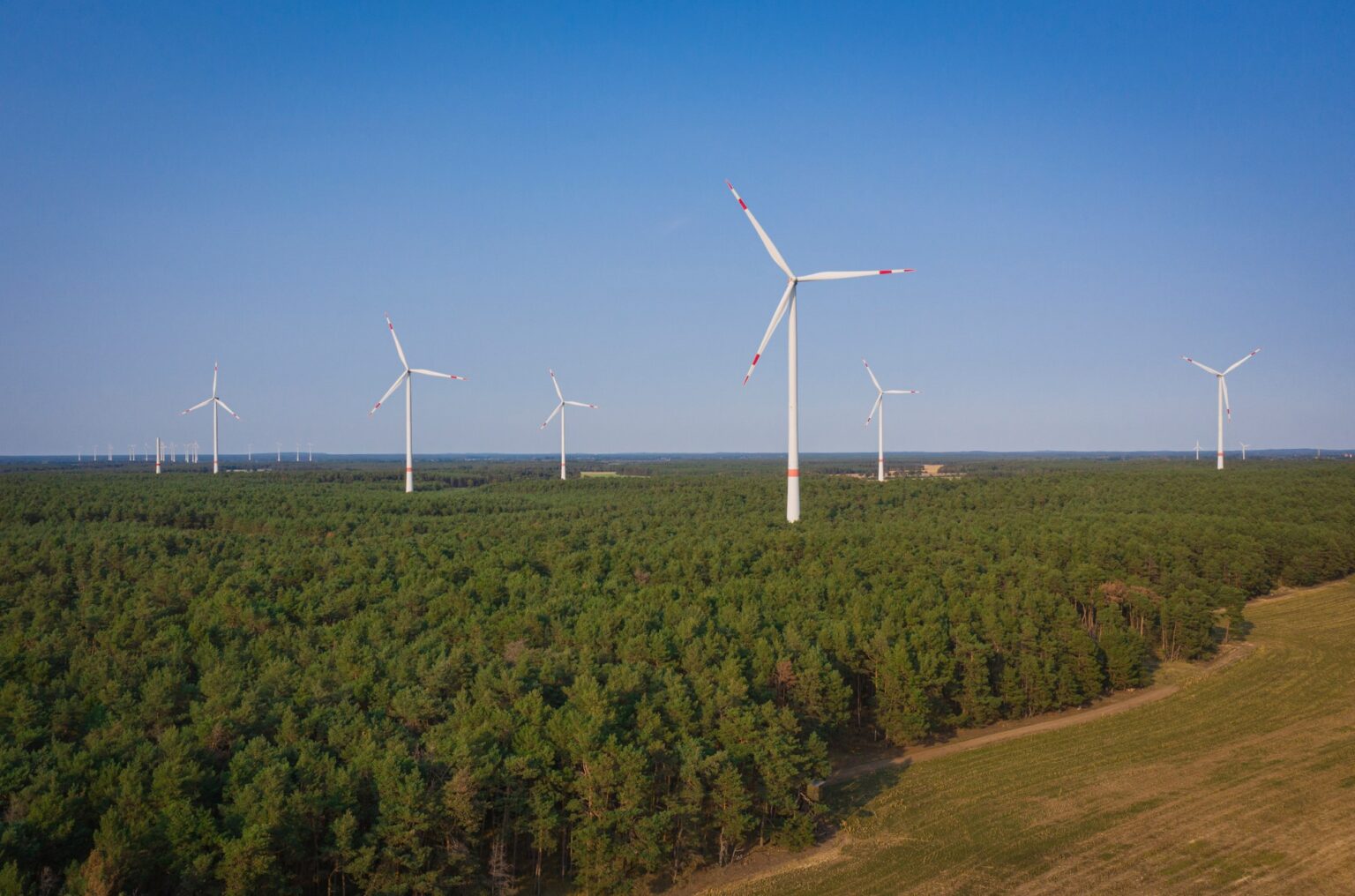The ongoing political dispute over onshore wind power could awaken demons and spark public concern about greedy and incompetent wind turbine developers right before local elections. The new regulations must not lead to expropriations or corruption, but to the flourishing of the industry, which Poland will benefit from – writes Wojciech Jakóbik, editor-in-chief at BiznesAlert.pl.
On December 6, the Committee on Energy, Climate and State Assets will discuss the MP-proposed bill to amend laws to support electricity, gas and heat customers and some other laws. This package includes proposals for legislative changes liberalising the construction of onshore wind farms.
The most controversial paragraph in the bill is about locating wind turbines at a minimum of 300 meters from buildings. This is less than the 700 m in the latest regulations introduced by the current government, and less than the compromise between the Climate Ministry and the onshore wind farm industry at 500 meters. However, going overboard may lead to throwing the baby out with the bathwater.
Other concerning changes are related to allowing expropriations to build infrastructure that will evacuate power from onshore wind farms. Such regulations already allow expropriation for compensation for the construction of electricity and gas lines in a strictly defined regime that prevents actions to the detriment of citizens. However, once this gate is open a guard should be established, so that the 2024 local elections are not dominated by fearmongering about greedy and incompetent wind turbine developers. Perhaps the proposed bill should be referred to public consultations.
The challenge is that regulations on onshore wind have been added to the act on freezing energy, gas and heat prices. This is another area of dispute, because the current team wants to freeze the prices for the whole year disregarding the costs, but the new parliamentary majority wants to help for six months because of the difficult budgetary situation of the country. Putting these issues into one bill was supposed to reduce the risk of a veto by President Andrzej Duda linked to the outgoing ruling party. However, the ongoing dispute over onshore wind is only contributing to the veto risk.
Political science suggests that the project on freezing energy prices as proposed by the current government will not gain the support of the new parliamentary majority, and its version proposed by the MPs from the future ruling coalition may be upended by the President. However, Poles need clarity on how and for how long prices will be frozen in 2024. They will also benefit from knowledge about how onshore wind farms can be built, as they can become an important source of new power in the electricity system, which, according to the Energy Regulatory Authority, we will be lacking. A political compromise will therefore be necessary to ensure that the relevant provisions are not stuck. It is worth recalling that it is not only foreign investors that are counting on onshore wind energy, but also state-owned companies support the liberalization of regulations.
However, the calendar of local, European and presidential elections suggests a political war, the victims of which will be the consumers of energy and fuels on the one hand, and the wind industry on the other.









